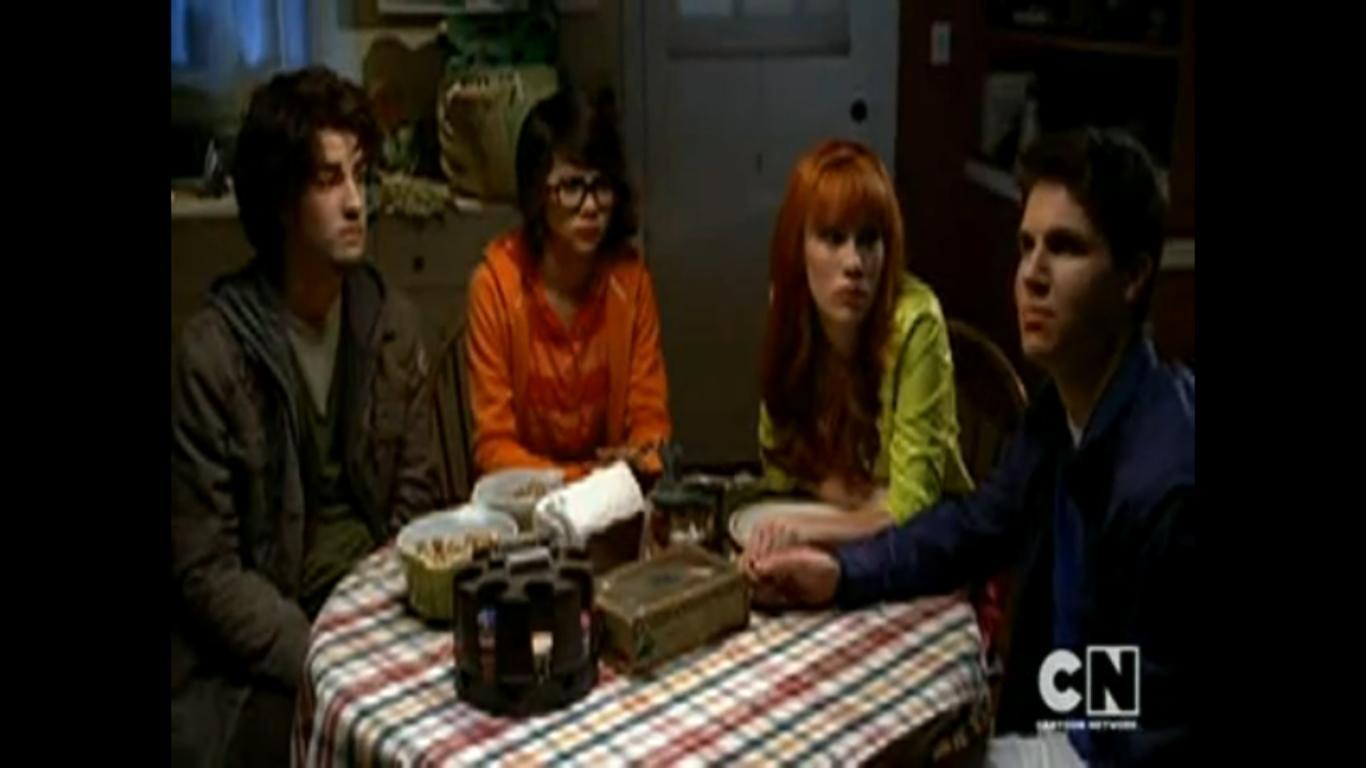

Within six months I bolted, managing about a year of hitchhiking through Europe, before succombing again to the lure of steady pay. The only thing I liked about it was the great view of New York harbor from my desk. They balked at my record so I took a so-called "executive" office job in the dreaded big city. Preferring journalism to teaching I applied to grad school. Eventually I earned my BA, majoring in English. Pushed not to get too interested in writing by my mom, I entered Lehigh University, enrolling in civil engineering, but reluctantly. Whether the author is travelling by backpack or hunkered down in office suites in Manhattan, his optimistic point of view continues to carry him through both loss and recovery, through reinvention and rediscovery. The informal yet chronological setting of the book will bring you along for many of the voyages the author took in the fifteen or so years after the accident, but leaves you at the end, quite literally, up in the air as he ponders what life has in store for him next. Buoyed by an indomitable sense of humor and indefatigable spirit through the years, he has remained up when many around him are down. Seeing life through the prism of paralysis as he did, the author long ago adopted an attitude of gratitude and acceptance. While this book is no misery memoir, it does in subtle tones remind the reader that we all are subject to things over which we have no control. He missed a year to operations, physical therapy, and relearning to walk, but he walked away stronger in body, mind, and spirit.

His injuries turned out to be mostly physical, despite the ominous warning from his neurological surgeon. He had been in a devastating car accident, a head-on collision that killed both driver and passenger of the car that hit him. However, before his number ever came up, he found himself in a hospital bed after a week of unconsciousness in the intensive care ward. Through the twists and turns of a young man becoming an adult, the author became subject to the draft lottery instituted to insure the country had an adequate supply of men to fight the North Vietnamese. And the dreams of the child never were completely snuffed out. Over two centuries ago the poet William Wordsworth (“My Heart Leaps Up”) wrote “the child is father of the man.” For the author of this memoir studying the poets of the Romantic era of English literature was the highlight of all his many years of schooling.

They gave all three of their children the best education money could buy. Those dreams were deemed insufficiently ambitious to his parents who had experienced the Great Depression firsthand. Even as a little kid the author harbored visions of becoming a writer or perhaps a gym teacher.


 0 kommentar(er)
0 kommentar(er)
